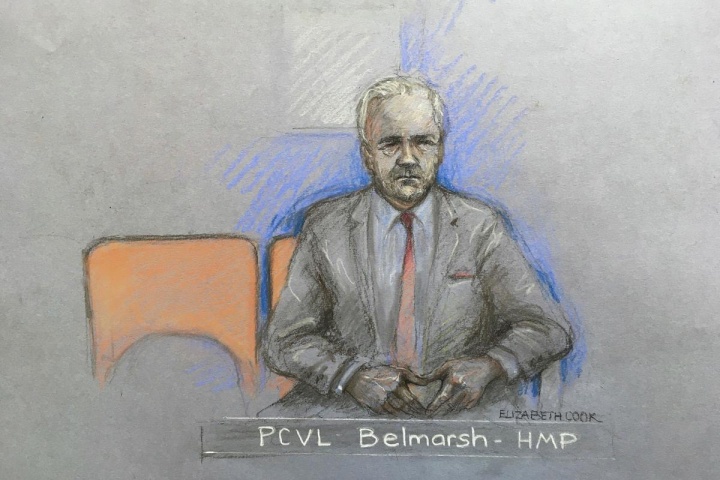WIKILEAKS

Copyright infringement is not intended
Context: A U.K. court issued a formal order to extradite WikiLeaks founder Julian Assange to the U.S. to face trial over the publication of secret files relating to the Iraq and Afghanistan wars.
What is WikiLeaks?
- WikiLeaks was set up in 2006 as a platform for anonymous whistleblowers wanting to share top-secret information and data.
- Founded by Assange, it divided opinion around the world - many, on one side, argued WikiLeaks provided ground-breaking investigative journalism, while the other said it posed a risk to national security.
What sort of things has WikiLeaks released?
- The website has released numerous troves of documents, known as data or information dumps, in its 15 years of being active.
- Some of the most famous are 400,000 secret military reports relating to the war in Iraq, and a further 90,000 on Afghanistan.
- In 2010, the platform released the now infamous "Collateral Murder" video, which shows soldiers in a US Apache helicopter killing a dozen people on the ground in Baghdad, including two Reuters journalists.
What happened to Assange?
- Swedish authorities issued an arrest warrant for Assange in 2010 over charges of rape and sexual assault.
- He was later held in the UK, where he was living at the time, to await the result of an extradition request to face the charges in Sweden.
- Two years later, Assange skipped bail and sought asylum in the Ecuadorian Embassy in London, where he would spend the next seven years.
- US had launched an investigation into the publishing of the documents relating to Iraq and Afghanistan and later sought to press charges and extradite Assange from the UK.
- Such charges included 17 for espionage and one for computer misuse "by cracking a password".
- Poor relations between Assange and Ecuador had resulted in Assange being evicted.
What happened in the extradition case?
- K. court upheld the majority of the prosecution's arguments to extradite Assange, which included saying he could not rely on protections of free speech and freedom of the press.
- This was because several of his actions had been outside the remit of a journalist, and would have violated the Official Secrets Act if prosecuted in the UK.
- US wins appeal for paving the way for Assange to be extradited to the US.



1.png)
